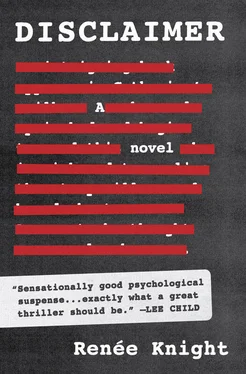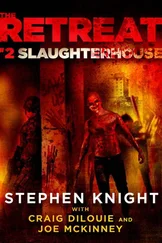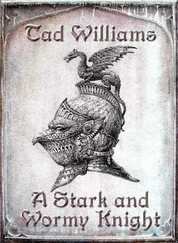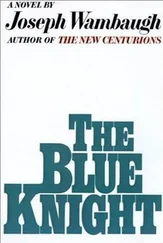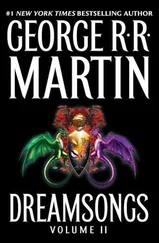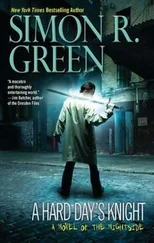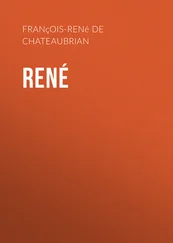Jonathan Brigstocke
6 June 1974–15 August 1993
A perfect stranger who died saving your life
It will take him a while to get his head around Jonathan’s death — his young friend who never was — to get his head around everything I have posted up for him. The book will help him — I have given him page numbers so this time there’ll be no chance of him failing to recognise her or himself. Nancy must have her say too. Perhaps he can come up with some answers to her questions.
Why didn’t she help her child? How could a mother turn her back on her child and leave him alone in the sea? A child who couldn’t swim. No armbands, no rubber ring. How could any mother in her right mind do that? Was she out of her mind?
She would have watched her child drown — she said that she’d wished Jonathan hadn’t done it. Those were her actual words. Was her passion for Jonathan greater than her love for her child? Little Nick. Is he such a devil of a child that even his own mother didn’t think him worth saving?
Up it all goes, the extract from Nancy’s notebook, my last post. I feel as if I have stuffed a kitten into a sack and dropped it in the canal. I can hear it mewing but there’s nothing I can do to save it now. Sink or swim, it is up to him.
Somebody grabs his arm and pulls him to the door. Finish up now, finish up. Somebody pushes him out onto the street, bolts the door, locks him out. He starts to walk but trips. Is pushed? No, trips. Better sit down. Sit it out. And he sits on the ground, back against the wall. He’s still holding the book. Flicks to the end. Wants to read his mother’s death. He laughs. Pure fucking fantasy. Good luck to them trying to get her under a train. Go back, go back, go back further. Find the sex. Mum sucking the nineteen-year-old’s cock. How fucking weird is that. Shit. It’s working on him too, can’t have that, and he stands up, drops the book on the ground, and pisses on it. Greasy, cold beads of sweat ooze from his pores as he urinates; his piss spits back at him. He presses his hands against the wall, steadying himself, and kicks the book as hard as he can, watches it scuttle along the pavement. He slides back down the wall, sits down. Shuts his eyes. But it’s in there. It’s in his head and he can’t get it out. He digs his fingers into his scalp wanting to prise the images out of his brain but he can see them so clearly.
Mummy’s love. Lost at sea. She watched him die. Poor old Mummy. A flip of a coin but Nick won the toss. Saved when he should’ve been lost. Someone should help her; give her a hand throwing herself under a train. He closes his eyes and a red and yellow dinghy bobs by: a little speck in the distance; a little speck bouncing off the edge of the world.
Numbers swim in front of him. A two or a seven, no, two. Two twos, twenty-two. Then nothing. A blank house. Boards instead of windows. But there is a bell and his fingers squabble for it, his ear presses the door. He’s hot, then cold, nauseous. He can’t remember getting here, but he’s here now. This is where he wants to be. Hasn’t been for a while, has resisted the urge, but it’s where he needs to be. A buzz, a distant buzz. And then the door opens and he falls through. Aah, the familiar smell of dog shit. He’s sick into his hands — tries to catch it. He’s tried that trick before; it never works, bits escape. His cupped hands overfloweth, but no one cares. Clean yourself up, mate. He is inside, makes it up the stairs. Just needs to close his eyes for a minute, then he’ll be all right. He curls up on the floor, a giant foetus, and listens to their low murmur. He doesn’t need to know what they’re saying, he just wants to hear the sound. It’s enough to know he is in their midst — a fellow traveller.
He imagines a different story for his mother: a tragic heroine who lost her only child in an accident at sea; she would have made a full recovery from that loss; she would have played that part well — would have suited her better than being the mother of a low-key, low-energy, underachieving worthless shit.
He rolls onto his back and opens his eyes, staring at the ceiling. A face peers down at him and smiles. “You all right?” And he smiles back. He feels better. A bit better. Makes it to the bathroom. Washes the sick off his hands, washes his face, swills his mouth with water, spits. His phone vibrates in his pocket. Dad. Fuck off. But he calls his mum. Is that his voice? Is he leaving a message? Something comes out.
“You okay?” from outside the door.
“Yeah,” he croaks, staring at his lips moving in the mirror. He tears himself away, and opens the door. A girl is standing there. A pretty girl.
“You all right?” She looks over his shoulder into the bathroom. “Who’s in there with you?”
He stands to one side and she looks in.
“Who were you talking to?”
“No one.”
“You were crying.”
“I was being sick,” and he grabs her hand, wanting her to come with him, but she pulls away. He stumbles back into the main room and sits down on the sofa. It stinks, someone’s pissed on it, and springs dig into his spine. But he doesn’t want to move. He never wants to leave this place. This is where he can be his best self.
She remembers the questions from the Spanish police: Did she know him? Had she ever met him before? She’d never seen him before that day she’d said, and they’d accepted that and allowed her and Nicholas to catch their flight home the following day. The police had his bag, they knew where he’d been staying; they would inform the British authorities, they would contact the young man’s family. A tragic accident. She was free to go home. There were no more questions.
That evening she packed their suitcase and the next morning she and Nicholas took a taxi to the airport and caught their flight home. An easy flight she had told Robert when he’d come home that evening. She’d brought back a bottle of duty-free whiskey and they drank a couple of glasses before going up to bed. She remembers closing the bathroom door and looking at the bite on her neck in the mirror: patting more makeup on to cover it up and then turning off the light when she got into bed. And he had reached for her, kissing her mouth, moving down and kissing her stomach. He was so gentle. They had made love, even though she hadn’t really wanted to. But she felt she needed to, that it was a necessary act to help erase what had happened. He had stroked her body; he had missed her he said. He had been thoughtful, gentle. And she concealed for weeks, until it faded, the telltale mark on her neck. And the bruise on her thigh was already a yellowy green, easily missed. She could keep her secret, burying it in her head and gradually, over the years, succeeded in chewing on it like a piece of gristle until she could finally swallow it down without choking.
There had been moments when she’d nearly told Robert, but she thought it would have been selfish. If Jonathan hadn’t died, things would have been different. If he had swum back to shore with Nicholas in tow, then everything would have been different. It was her secret. It belonged to her. She had chosen not to share it.
Catherine’s phone buzzes on the bedside table. She grabs it quickly, not wanting to wake her mother who has just gone back to sleep after another trip to the loo. It is four AM. Her heart thumps. It is Nicholas. She gets out of bed and rushes from her mother’s room, gently closing the door behind her, trying not to wake her.
“Hello? Nick?” But she’s too slow. His call has gone to voice mail. She hopes he’ll leave a message. He does. She listens to it and it is as if she has been swept back twenty years. The same rush of adrenaline which begins in the groin, so fierce it actually hurts. A mother’s basic instinct, when her child is running too close to the edge. She feels it now as she listens to Nick’s message: no words, just choking sobs, heaving down the phone to her.
Читать дальше
